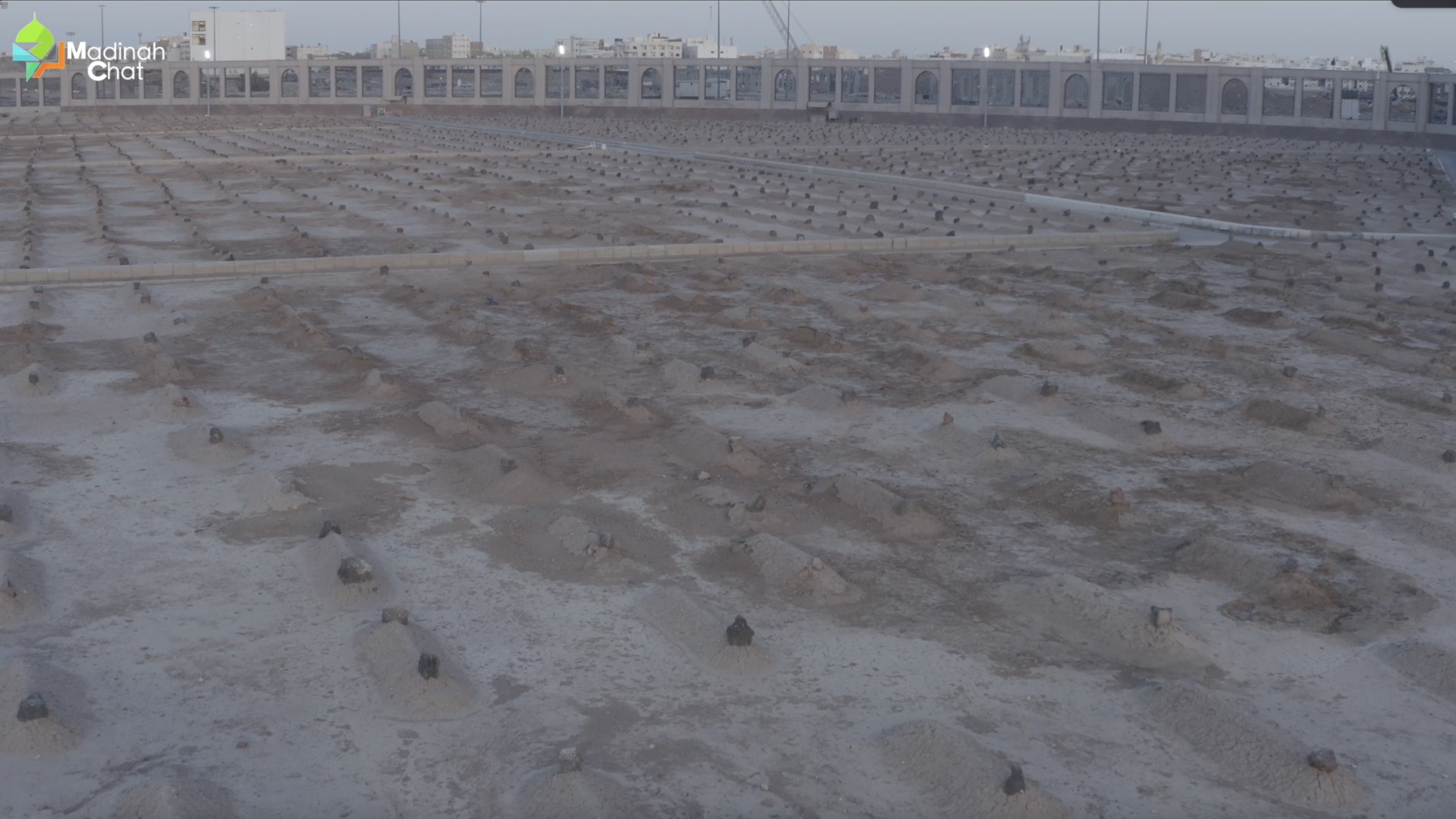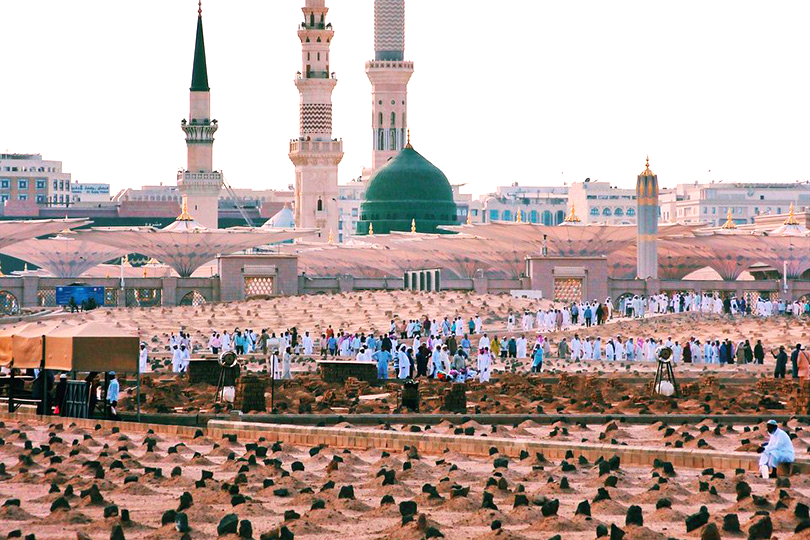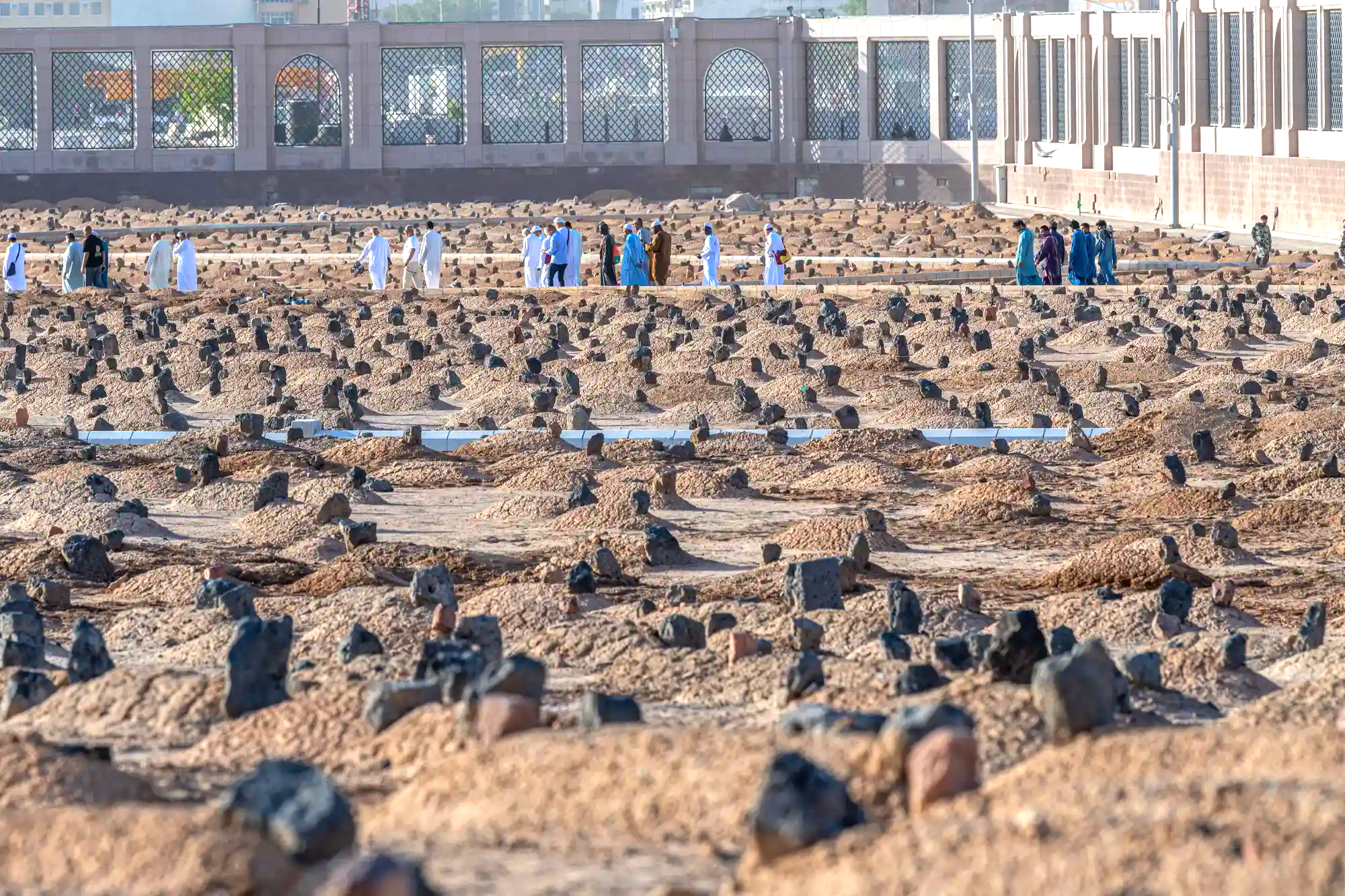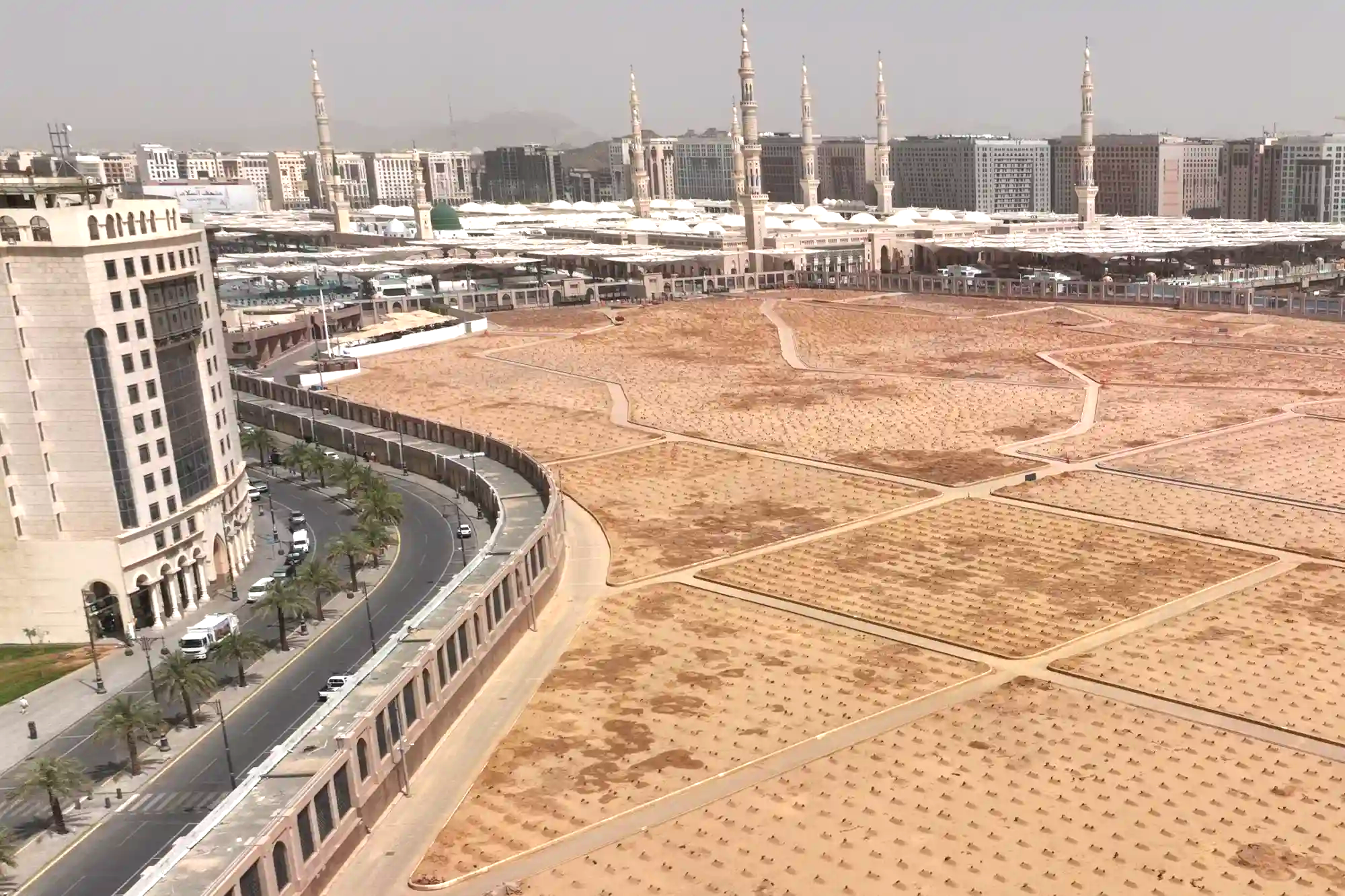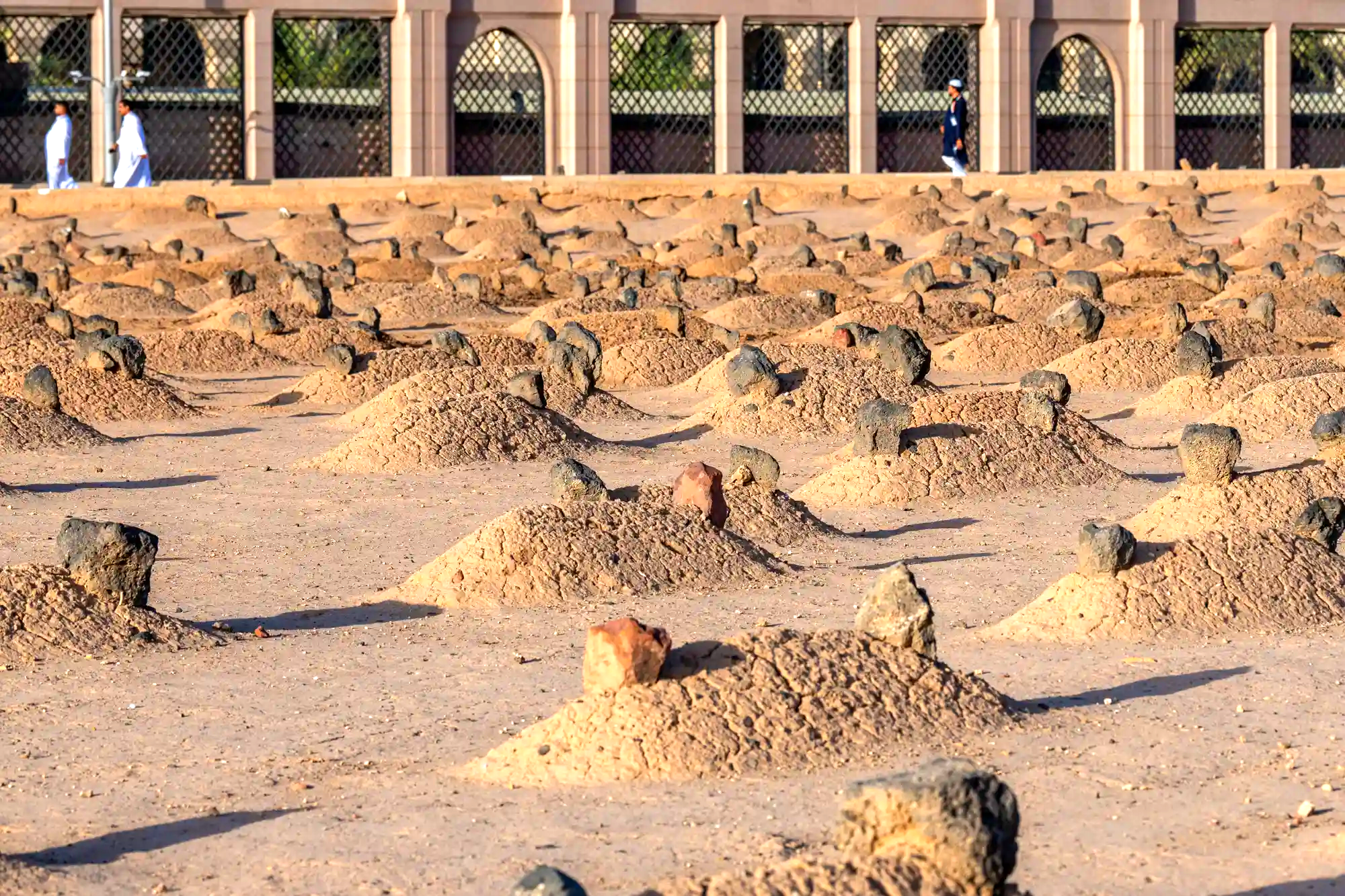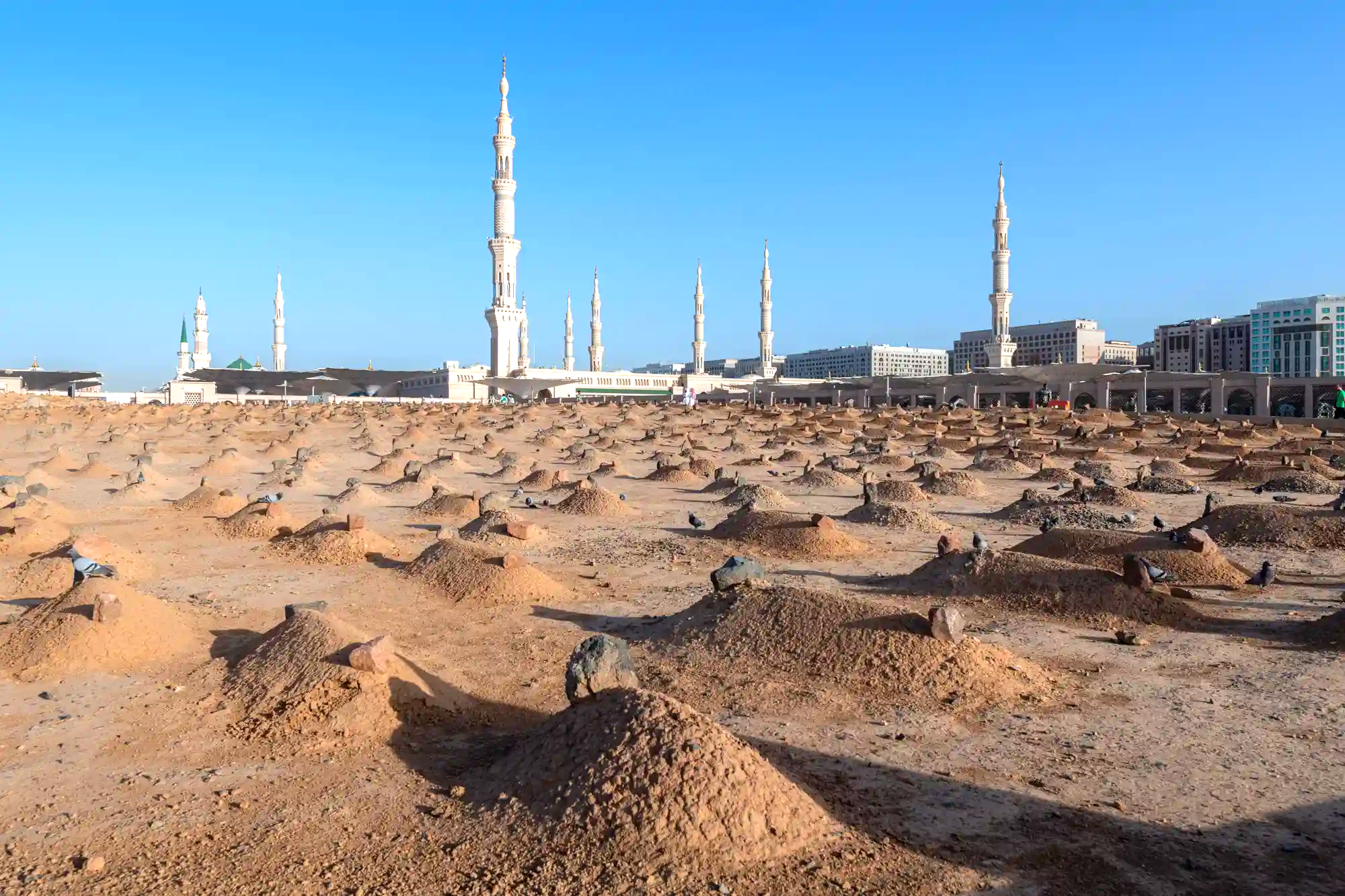The Preserved Tablet
In Islam, a fundamental belief is Al-Qada wal Qadar—the Divine will and decree. This belief holds that everything that happens in the universe, including every event in our lives, is part of a plan ordained by Allah, the Creator. One of the key aspects of this belief is the certainty of death. Muslims understand that every individual is destined to die at a time preordained by Allah, and this includes the time, place, and manner of their death. This truth is not left to chance; it is written long before a person is born in Al-Lawh al-Mahfooz, the Preserved Tablet.
The Arabic term Al-Lawh al-Mahfooz refers to the eternal, unalterable record where Allah has inscribed the fate of all His creations. This tablet contains the divine decree of all things, from the creation of the heavens and the earth to the last moments of every life. Allah says in the Quran:
“Do you not know that Allah knows what is in the heaven and earth? Indeed, that is in a Record.” [Quran 22:70]
This "Record" refers to Al-Lawh al-Mahfooz, which contains the decrees of Allah, written before creation itself. Allah further emphasizes this when He says:
“No disaster strikes upon the earth or among yourselves except that it is in a Record before We bring it into being.” [Quran 57:22]
The Preserved Tablet is a manifestation of Allah’s absolute knowledge and control. It signifies that everything in existence, including the inevitable reality of death, occurs according to His divine will. Muslims believe that every person’s death is already written, and no one can escape it. Allah reminds us:
“Every soul shall taste death. And you will only be given your reward in full on the Day of Resurrection.” [Al-Imran 3:185]
Death is an unavoidable and preordained part of life. No matter the circumstances, no matter how far we may try to run from it, death will come to us at the time Allah has decreed. The Quran further affirms:
“Wherever you may be, death will overtake you, even if you should be within towers of lofty construction.” [An-Nisa 4:78]
For Muslims, the knowledge that death is certain and part of Allah’s plan brings a sense of peace. It reminds believers that life is fleeting and that the true purpose of life is to prepare for what comes after. Death is not seen as an end, but rather as a return to Allah.
This belief in the certainty of death, as part of a divinely ordained plan, fosters a profound sense of patience (Sabr) in the face of life’s challenges. Muslims understand that every hardship, including the death of loved ones, is a test and an opportunity for spiritual growth. Those who exercise patience, acknowledging that death is part of Allah’s decree, will be rewarded. Allah promises:
“Only those who are patient shall receive their reward in full, without reckoning.” [Al-Zumar 39:10]
The reward for patience is eternal, and those who endure hardships with patience will be granted Paradise. Allah says:
“And their recompense shall be Paradise, and silken garments, because they were patient.” [Al-Insaan 76:12]
Even the Prophets, including Prophet Muhammad (PBUH), were commanded to be patient in the face of life’s trials, including the certainty of death. Allah instructs the Prophet:
“Therefore be patient (O Muhammad) as did the Messengers of strong will.” [Al-Ahqaaf 46:35]
Muslims are encouraged to seek Allah’s help in times of distress, through prayer and patience. Allah assures:
“O you who believe! Seek help in patience and As-Salaah (the prayer). Truly, Allah is with As-Saabiroon (the patient).” [Al-Baqarah 2:153]
For a believer, every moment, whether joyful or sorrowful, is an opportunity for spiritual growth. As Prophet Muhammad (PBUH) said:
"How wonderful is the affair of the believer, for all his affairs are good, and that is for no one except the believer. If something good happens to him, he gives thanks, and that is good for him, and if something bad happens to him, he bears it with patience and that is good for him." (Narrated by Muslim, no. 2999)
When calamity strikes, including the death of a loved one, Muslims are taught to turn to Allah, acknowledging that everything belongs to Him and will ultimately return to Him. Allah reminds the believers:
“… but give glad tidings to As-Saabiroon (the patient), who, when afflicted with calamity, say: ‘Truly, to Allah we belong and truly, to Him we shall return.’” [Al-Baqarah 2:155-156]
Belief in Al-Qada wal Qadar—the Divine will and destiny—teaches that everything, including death, happens by Allah’s decree. This belief brings peace and acceptance of the inevitable, fostering a deep sense of trust in Allah’s wisdom and plan. The believer submits to His will with patience, knowing that every event, including death, is part of a perfect, divinely ordained plan. Ultimately, death is not an end, but a return to Allah, where believers are rewarded for their patience and faith.
